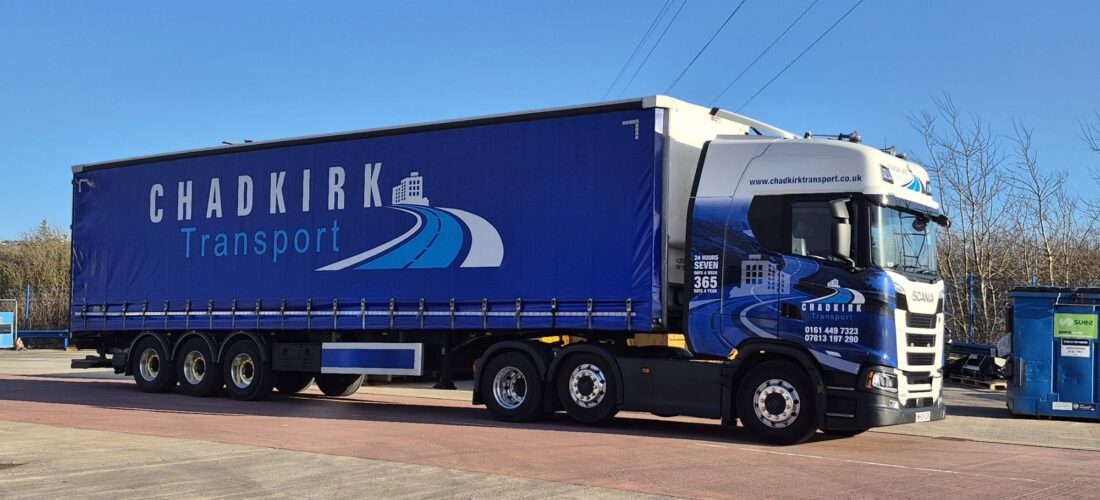
Future Trends of the UK Haulage Industry
- Posted by Chadkirk
- On 25th February 2025
Technological Advancements
The UK haulage industry is at a turning point, with AI, zero-emission HGVs, and digital platforms reshaping logistics. Here’s how these innovations are driving the future of transport.
AI & Data-Driven Planning
With the continuous rise in fuel prices and driver wages, artificial intelligence is helping to optimise route planning. This provides significant support to haulage firms by reducing fuel costs and wages through the most efficient and timely routes. Some AI-powered software can predict traffic patterns, analyse weather conditions, and suggest more efficient routes. Companies using this technology have reported up to 15% reductions in fuel consumption.
Digital Load Matching Platforms
While these platforms have been around for many years, they are becoming an increasingly valuable resource for hauliers and drivers seeking return loads. Platforms like Haulage Exchange and Haulage Hub allow providers to quote on available loads in real-time. This can help improve profitability and sustainability by significantly reducing unloaded miles.
Electric & Hydrogen HGVs
Electric and hydrogen-powered HGVs are no longer futuristic concepts. Major players like Volvo, Scania, and DAF are investing in cleaner, greener alternatives. The UK is also seeing the rollout of charging and hydrogen refuelling networks, making the shift to zero-emission haulage more viable. Some companies are already introducing electric HGVs into their fleets to comply with future emissions targets. While challenges such as reduced range and weather susceptibility remain, advancements in technology are steadily improving their viability.
Investing in these technologies can help haulage firms stay ahead of the competition by improving operational efficiency, reducing costs, and offering a more reliable service to customers.
Addressing Rising Security Concerns in UK Haulage
Cargo theft and security risks are growing concerns in the haulage industry, with criminals targeting high-value goods in transit. From organised gang thefts to fuel siphoning and cyber threats, hauliers must stay ahead of evolving risks to protect their business and customers. Let’s take a closer look…
Cargo Theft on the Rise
The UK has seen a sharp increase in cargo theft, with organised gangs targeting supermarket lorries, high-end electronics, alcohol, and tobacco. Criminals often strike at truck stops, motorway lay-bys, and unsecured depots, using tactics such as:
- Curtain slashing – Thieves cut open truck curtains to check for valuable goods.
- Diversion scams – Fraudsters impersonate customers or logistics companies to reroute deliveries to fake locations.
- Follow-home thefts – Criminals follow lorries from warehouses and strike when the vehicle stops.
A 2024 report by the National Vehicle Crime Intelligence Service (NaVCIS) estimated that cargo theft costs UK businesses over £250 million annually.
Cybersecurity Threats
As the haulage industry becomes more digitised, cyberattacks pose a growing threat. Hackers can target logistics firms to:
- Gain access to tracking systems and reroute valuable shipments.
- Launch ransomware attacks, locking businesses out of critical systems until a ransom is paid.
- Steal customer data, leading to financial and reputational damage.
How Hauliers Can Improve Security
Investing in High-Security Parking – Using secure truck parks with CCTV, fencing, and controlled access reduces the risk of overnight theft.
Advanced Vehicle Tracking & Geo-Fencing – GPS tracking systems with geo-fencing alerts notify operators if a truck deviates from its planned route.
Anti-Theft Fuel Measures – Locking fuel caps, anti-siphon devices, and real-time fuel monitoring can help prevent fuel theft.
Cybersecurity Protocols – Regular software updates, staff training, and multi-factor authentication can reduce the risk of cyberattacks.
Security is becoming a top priority for the haulage industry, and companies that fail to address these risks may face financial losses, reputational damage, and legal liabilities.
By staying ahead of these challenges and embracing new technology, hauliers can future-proof their businesses. The hauliers who invest in security and efficiency today will be the ones leading the industry tomorrow.
Get in touch with us today!
0161 449 7323

0 comments on Future Trends of the UK Haulage Industry